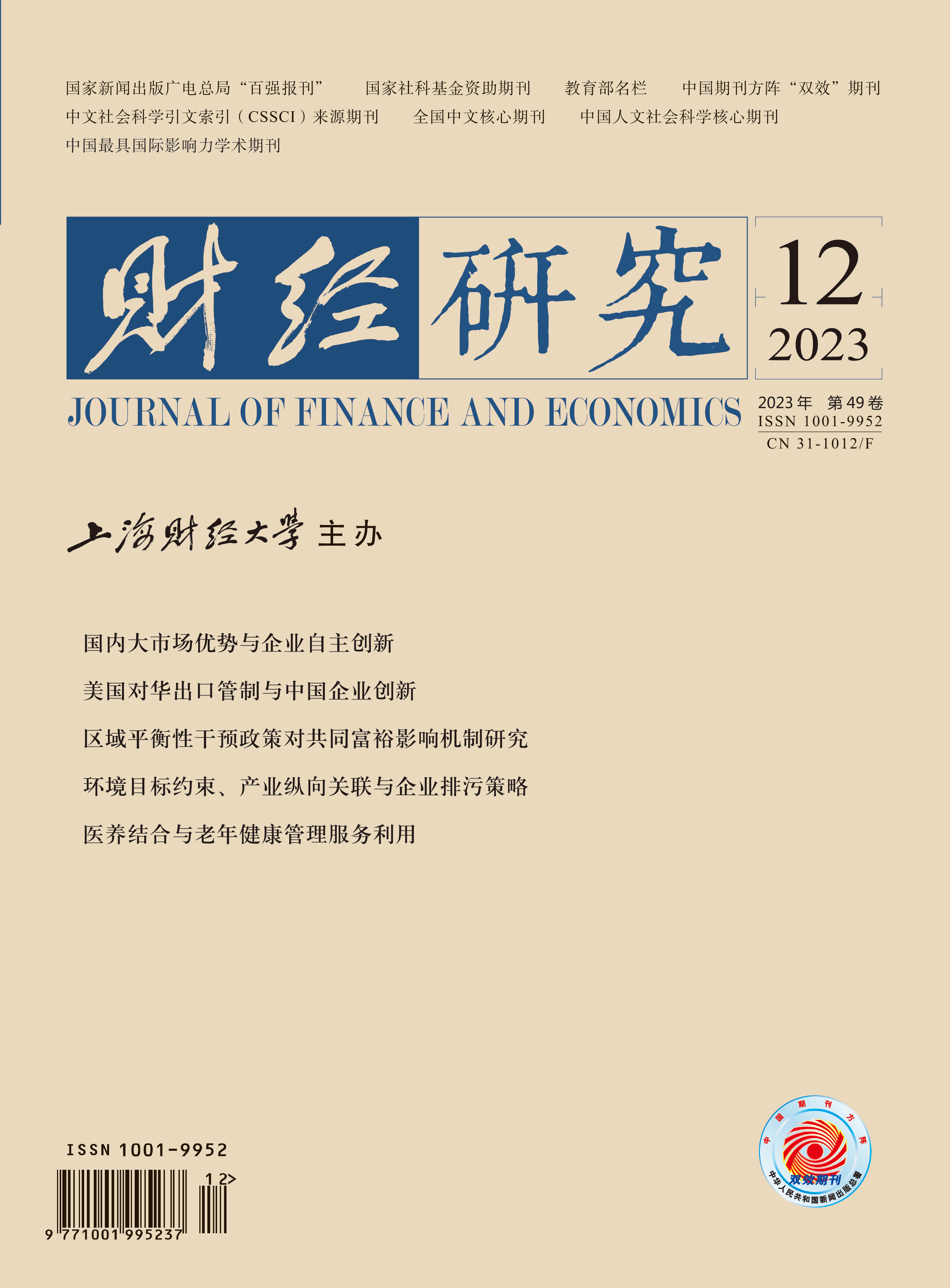Contrary to the general cognition, mass media channels are usually unable to defeat private information channels in the communication effect, which is the famous “limited effects theory” in journalism and communication. From the perspective of the private information transaction between analysts and executives of listed companies based on the alumni relationship, this paper aims to explore whether the emerging online media can break the curse of “limited effects”.
This paper finds that: The alumni relationship between analysts and executives of listed companies can bring benefits to the company — analysts’ profit forecast received by affiliated companies is more optimistic; it can also bring benefits to analysts — the report correction speed of affiliated analysts is faster, and future career development prospects are better. However, the forecast deviation of affiliated analysts will be even greater. If ordinary investors strictly follow the recommendations of affiliated analysts to hold positions, they will lose 8.52% compared with unaffiliated recommended shares. The above results show that the private information transaction between analysts and executives of listed companies based on the alumni relationship does exist.
However, online media can restrain this kind of private information transaction. Specifically, online media can reduce the optimistic profit forecast received by affiliated companies, increase the correction interval of affiliated analysts, weaken the career development prospects of affiliated analysts, and also reduce the forecast deviation of affiliated analysts and the investment loss of ordinary investors due to affiliated recommended shares (about 6.13% loss). The mechanism analysis shows that online media restricts the private information transaction through the joint effect of information channels, governance channels, and emotional channels. The grouping test shows that this inhibitory effect is more obvious in the four audit groups, the state-owned enterprise group, and the profit sample group.
This paper discusses the limitations of “limited effects theory” in the new media era, and provides beneficial enlightenment for public information channels to beat private information channels to promote information fairness.





 4506
4506  6081
6081

